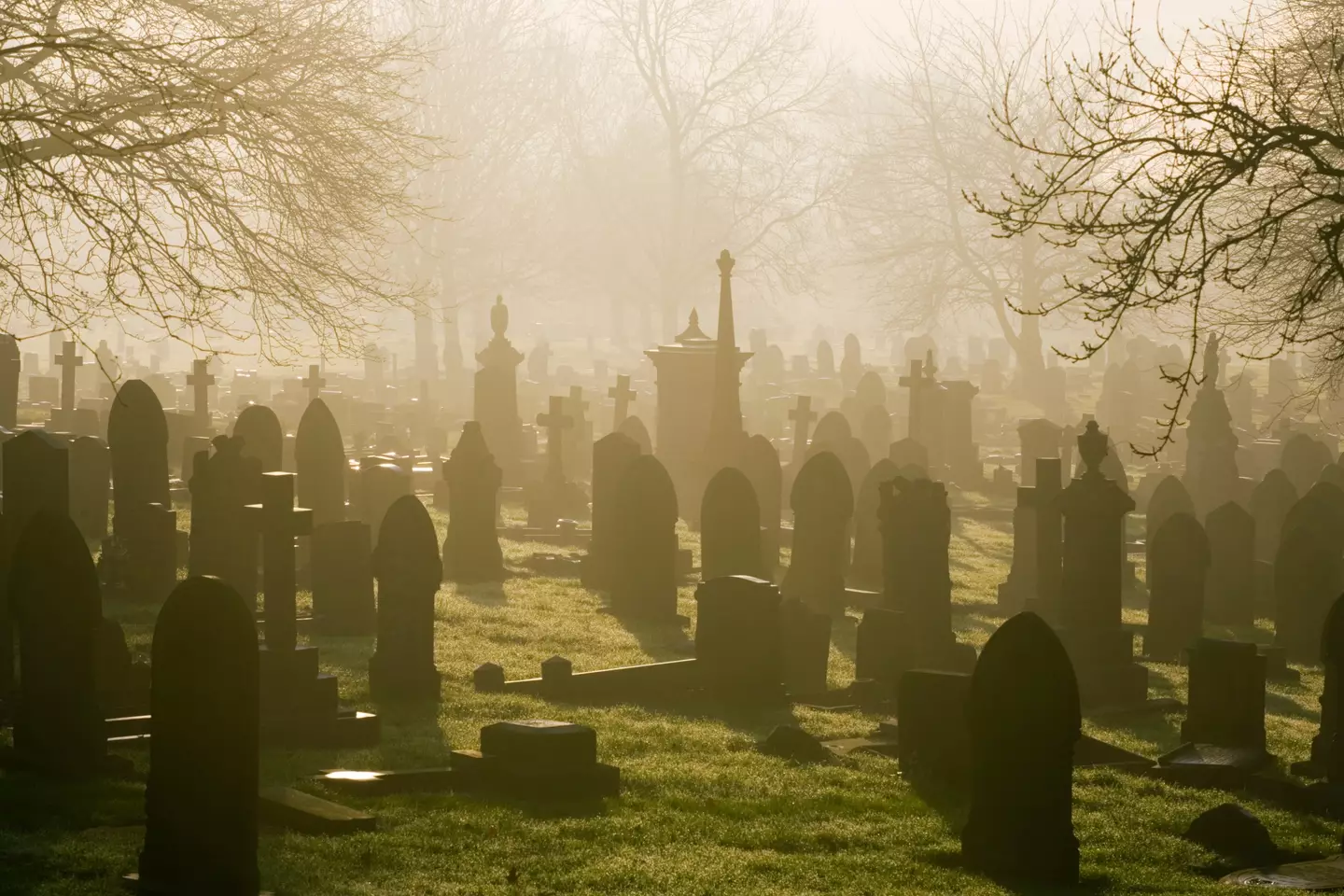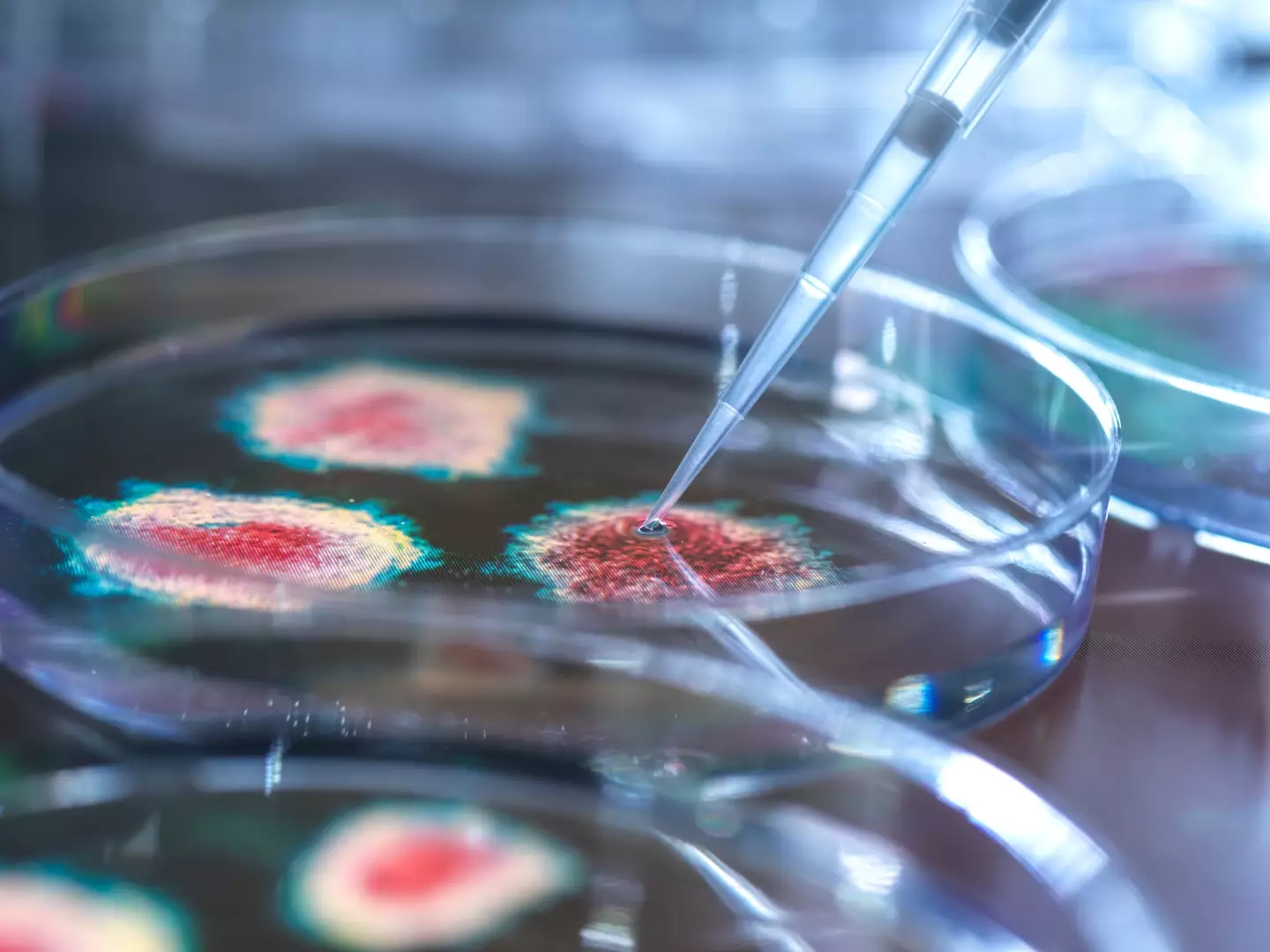
Scientists have found an unexpected similarity between decomposing bodies.
OK, this might not be your typical topic of conversation for the dinner table - but it's still quite interesting to know.
A recent study published online looked at 36 corpses and, before you think researchers did something sinister to gain access to the dead bodies, you'll be relieved to know they were all actually donated to the scientific study.
The team buried all the bodies in three different locations and looked at how each body decomposed 'despite selection effects of location, climate and season'.
Advert
But, rather than finding differences, scientists found a similarity.
Human bodies contain bacteria and fungal decomposers, and upon analyzing their data, researchers found a trait that was rare, but constantly present in decaying human flesh.
"The key bacterial and fungal decomposers are rare across non-decomposition environments and appear unique to the breakdown of terrestrial decaying flesh, including humans, swine, mice and cattle, with insects as likely important vectors for dispersal," part of the study explains.
These features are extremely important in the natural world as the microbes that are part of the 'decomposition ecosystem' prevents us from having a surplus of dead bodies.
Advert
This so-called ecosystem also helps with plant production.

Following the study, researchers found that this decomposition process happens no matter where the body is buried.
Samples were taken of the soil surrounding the corpses for 21 days postmortem, and all featured the same selection of microbes.
Advert
"Decomposition is technically defined as the consumption of organic material by other organisms, [and is] distinct from physical degradation of organic remains by physical, erosive forces, like water," Dr Devin Finaughty told IFLScience.
"The decomposition system pivots around the dead body as a resource and that's mainly for food, but many organisms will also use it as a breeding ground as a nursery, and as a shelter."
Finaughty was not part of the study.

As per the study, the scientists findings are hoped to help them 'accurately understand and model ecosystem function, resilience and biogeochemical carbon and nutrient budgets' when it comes to both human and animal corpses.
Advert
According to IFLScience, the study could also help with forensic science and establishing a person's time of death.
This is because they used a machine learning mode to 'accurately estimate how long corpses had been dead based on the microbial timeline of their decomposition'.
Topics: Science, News, World News